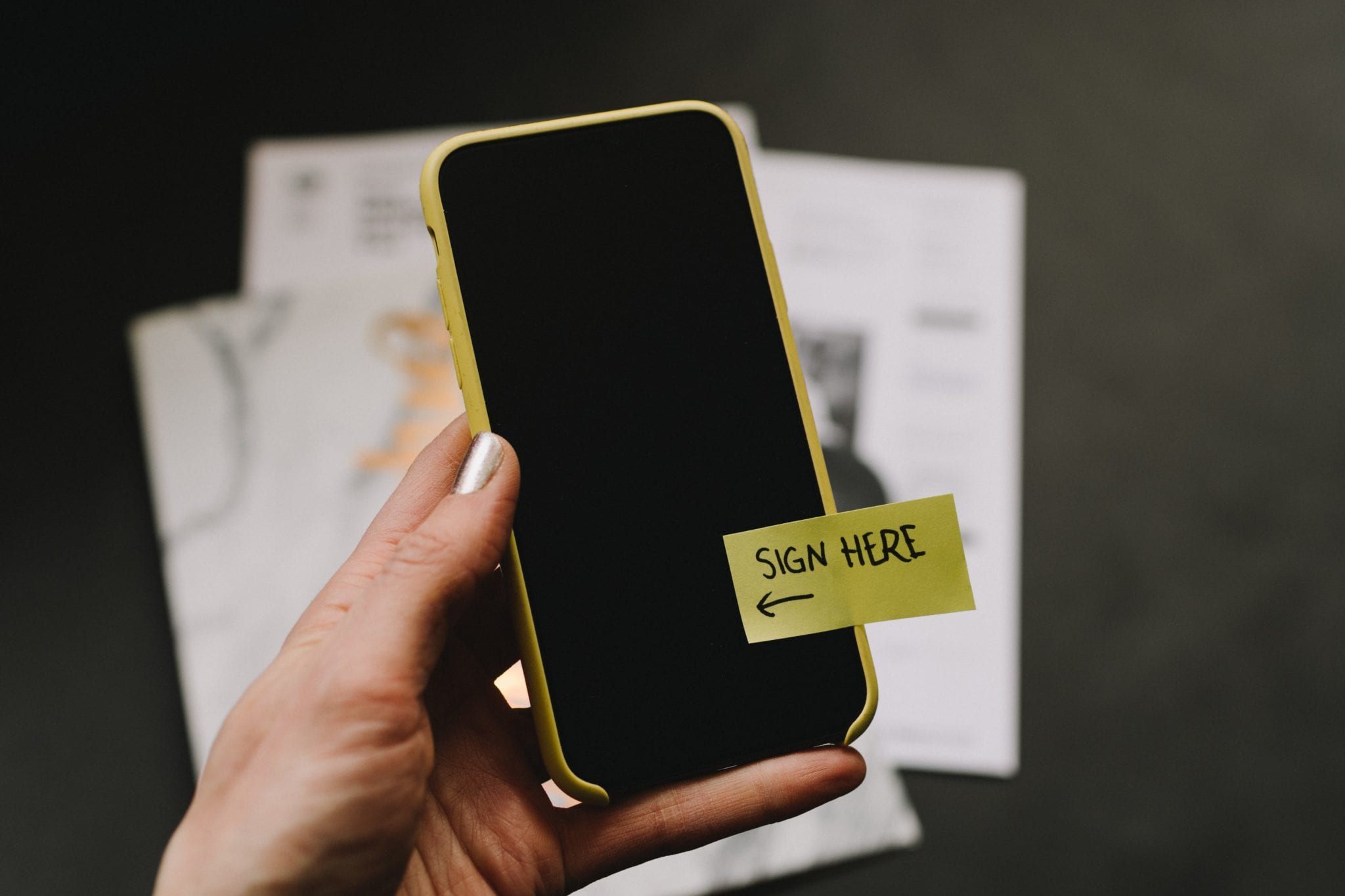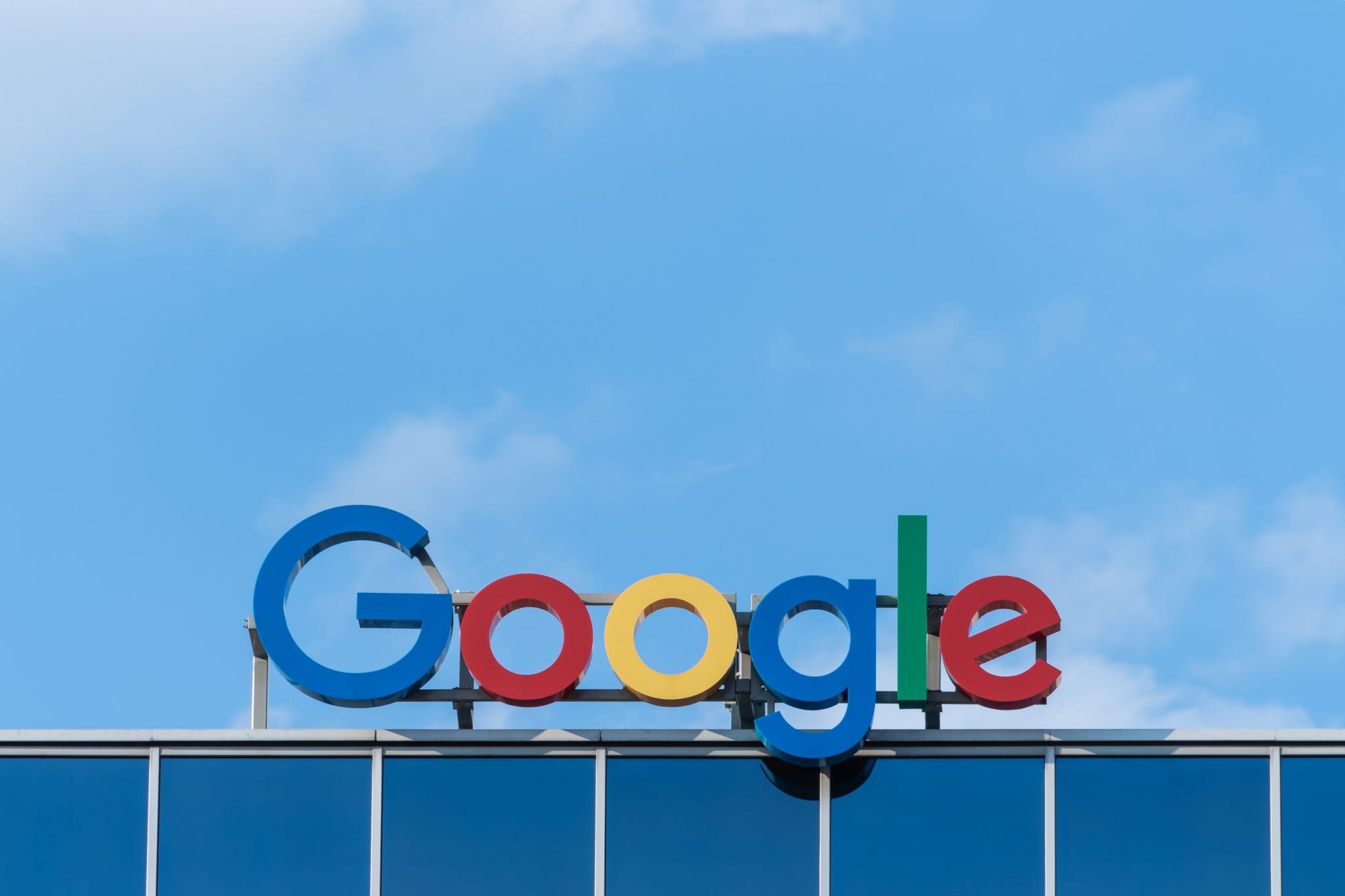Knowing how to close deals comes down to an exceptional understanding and love of the brand.

Imagine the last bad sales experience you had. Many of the bad salesmen we have today would have been excellent at their profession 20 years ago. Tactics like persistently pushing their product, not letting prospective customers go without a “yes,” and discounting all competitors are reminiscent of past salesmen.
So why doesn’t this tune play anymore?
The People You’re Talking To Already Know About Your Product
Huge portions of the shift can be largely attributed to the new world of reviews that have opened up. Customers are abler than ever to make an informed decision on their own. There is nearly nothing for sale that has not been extensively reviewed online.

Shifting towards a review-focused sales process means transparency. A consumer discovering on their own the negative aspects of your product after buying the positives results leaves a bad taste in their mouth. Taking this one step further, people actually distrust products that don’t readily display and respond to their negative reviews.
In his book The Transparency Sale, Todd Caponi talks about review culture and says that transparency is how to close deals. He states that websites with even just one negative review increased sales by 65%.
No one listens to companies who spout off that they’re the only option. Including negative reviews means that customers are more likely to convert, knowing that the company isn’t trying to pull the wool over their eyes.
Sometimes, people have to be allowed to leave without a “yes.” If a product is offered that’s worthy of a higher price, a salesperson has to be willing to tell a prospect that they aren’t the right fit if cost is their number one factor. Tricking them into purchasing now would only lead to a swift turnover.
However, if a potential customer is unable to meet the price of a product now, the sales process is still not over. If you allow that customer to go to a different company and experience issues, a longer sales cycle could be the key to closing the deal.
Allow a prospect to go to a different company, know what makes your product superior, and keep in touch with the prospect.
Telling prospects what they can expect as a negative while reinforcing the positive aspects of a product wins loyalty. Loyalty is how to close a deal and earn a new brand ambassador. This requires a very special kind of salesperson though.
You Have To Believe In What You’re Selling To Close Deals
Previously in sales, commission was the driving force behind how we closed deals. Commission alone does not close a sale in our current age. Nothing feels dirtier than somebody trying to sell something that they clearly don’t believe in.

A salesperson’s responsibility is to know, love, and understand what they’re selling. They have to know how it makes the lives of people or companies easier and they have to genuinely believe in the capability of the product.
By learning the flaws in what we offer, we learn the benefits. Knowledge and excitement for the solution and its’ ideal customer are essential. Excitement in finding the ideal person for what I’m selling has made me a better salesperson every single time.
By contrast, I’ve had to sell products that I was positive weren’t the right fit for people. I lost a lot of faith in myself as a salesperson when that happened because I wasn’t closing my sales. My opinion of my skills had become very poor and I was worried I wasn’t “getting it.” I thought that I didn’t understand how to close deals. In a way, I didn’t.
Art — not science — is the proper category for the sales process. Inspiration is required to make great art just as it is required for success in the sales industry. Without inspiration, salespeople wind up resembling something closer to vacuum salesmen from years past.
Brand knowledge leads to better Customer Success
Customer success should be at the heart of every sale. Making a sale right now means nothing if that customer is going to hate what they’ve been sold and leave. Not to mention people are more likely to write a review if they feel negative than if they feel positive.

Hoteliers know that the worst rating you can get on a survey is an 8. 8/10/ It’s worse than 1/10 every day of the week. People who only give a rating of 1 are people that you never could have helped. Typically catastrophic stays at the hotel.
A customer who rated an 8 though? An 8 is a review that was only one or two things away from a 10. The difference in this is usually attitude. That’s why it hurts so much more.
Excitement for what a product offers sets the tone that your customer will like it that much too. Have you ever checked into a hotel where the person at the desk showed no excitement or happiness? If you have, you know how much more likely you are to be worried about your room, the quality of breakfast, and all other aspects of the hotel.
This, too, is how prospective clients or customers will feel if they are sold a product from somebody who doesn’t seem to believe in it themselves.
—-
Still interested in learning more about how to close deals? Check out our other recent posts, B2B Sales – The Ultimate Cheat Sheet or Outbound Sales: Sell Less, Connect More.

